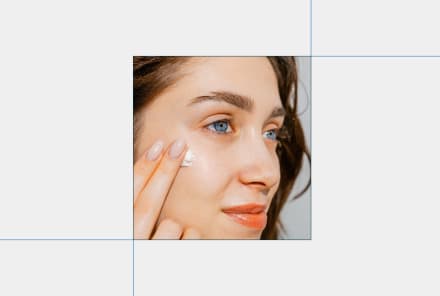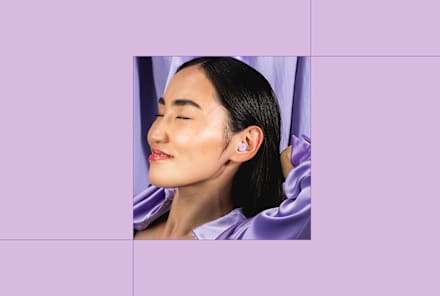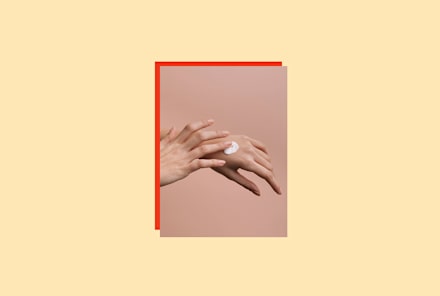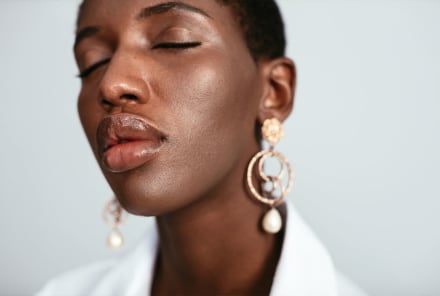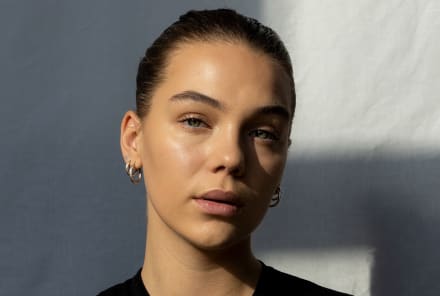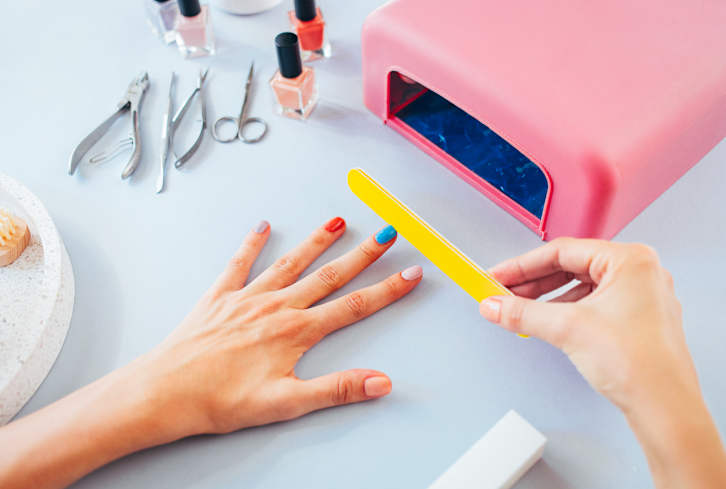Advertisement
Treatments & Daily Habits For Firmer Skin From An Integrative Aesthetic Physician


When you work in aesthetics, it's your job to focus on the outside. I'll go ahead and inject the caveat that there's nothing wrong with being invested in how you look. It's a big part of what I do for a living, so of course I don't look down on others who also prioritize appearance.
However, it does pique my interest when I'm introduced to an aesthetic practitioner who values internal work as highly as she does external.
"What I always say in the clinic is that beauty is from the inside out. It's important to focus on internal wellness in order to have it manifest on the outside. It's not just about superficial aesthetic procedures, it's about improving your lifestyle," says double-board-certified integrative aesthetic physician Rahi Sarbaziha, M.D., who operates a very popular medspa in Beverly Hills. "Even as a patient, when you engage in your own health care, everything just becomes better for you."
On this episode of Clean Beauty School, Sarbaziha joins me to chat about what facial rejuvenation treatments she's using lately and more. Here, a few takeaways from that conversation.
Targeted nutrients
The reason nutrition is so important for skin is twofold. First is the negative side: an inflammatory diet can trigger flare-ups and blemishes, break down collagen, and lead to premature aging. But on the positive end, a well-balanced, robust diet can supply your body with what it needs for optimal functioning.
Some medical practitioners choose to turn to supplements for extra support, like Sarbaziha. "I'm really big on supplements, so I take a lot myself and I think they're very helpful," she says.
A few of her favorites? "I think almost everybody should be on magnesium. It really helps with overall body function, and many folks are deficient in it," she says.
(A quick note: Normal serum (blood) magnesium levels1 are defined as 0.75 to 0.95 mmol/L, with anything below this range indicating potential deficiency known as hypomagnesemia. While only 2% of the population2 is reported as having hypomagnesemia, some health professionals say that the condition is severely underdiagnosed since magnesium levels are usually only tested when they get dangerously low.)
But it's not just the mineral to look into: "My other favorites are vitamin D, which helps pretty much everything and most of us are deficient in that as well," she says. And in fact, almost all Americans are failing to consume just 400 IU of vitamin D from their daily diet, and clinical vitamin D insufficiency persists in almost half of the population3. "A good probiotic will help balance your gut, which will help improve skin quality. Turmeric is always helpful if you are dealing with any inflammatory processes in the skin. CoQ10 helps with elasticity."
Collagen-boosting treatments
There's a very common theme in many of the in-office facial rejuvenation treatments that are popular today: They boost collagen. This is true of ultrasound treatments (like Sofwave), radiofrequency, microneedling, lasers, and even peels.
"The idea that you need to be stimulating more collagen production in the skin has become much more mainstream. In order for you to look more rejuvenated, healthier, and improve the quality of the skin, you need collagen," she says.
While she notes that she has more than 40 treatments in her practice, one that she's been using more lately is PDO Threads. Called a PDO Thread Lift, these help sculpt the face and create more collagen over the course of several months.
"If you think about the sutures used in the operating room that are self-absorbable, that's what PDO threads are. They're threads that are made out of a polymer, and your body absorbs it over the period of six to eight months—and in its place comes collagen," she says. "Within a month your body starts producing collagen. That's when you start seeing the results."
Peptides
Peptides are often talked about as a monolith. But in reality, there are many different kinds of peptides, each with their own unique properties, functions, and benefits. They can be found in topical skin and hair care products, as well as in-office treatments.
"The future in the world of regenerative and anti-aging medicine is the use of peptides. Peptides are a bunch of amino acids—such as short-chain amino acids—and they all have different functions in the body," she explains. "There are thousands and thousands of peptides, and there's a few that have been isolated. These have been shown to have positive benefits for anti-aging purposes, weight loss, muscle building, and more."
As for the skin, she notes that she has been offering solutions like peptide therapy injections. "[The peptides for skin] are really important because they'll hopefully slow the aging process from the inside, so then you'll need fewer physical, external procedures. You don't have to be always running to the doctor for Botox."
Tune in for more:
